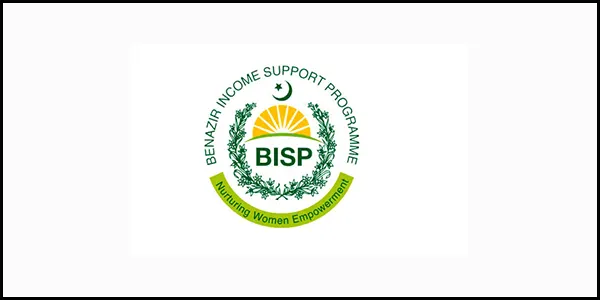In order prevent stunting growth in the children, the Benazir Income Support Program (BISP) has facilitated over 1,157,298 women and children under the Benazir Nashonuma initiative so far through the provision of health and nutrition services. Among the total beneficiaries, a total of 588,211 pregnant and lactating women (PLW) and 569,087 children have been served so far.
According to an official source, these beneficiaries had been served through the network of over 488 Nashonuma Centers across the country. The Conditional Cash Transfer (CCT) intervention of Benazir Nashonuma was designed in August 2020 to increase the uptake of Health and Nutrition services of its beneficiaries.
The primary objectives of the program were to prevent stunting in children under two years of age, improve weight gain of pregnant women during pregnancy, reduce anaemia and micro-nutrient deficiencies and prevent low birth weight. World Food Programme (WFP) is the lead implementing partner for Benazir Nashonuma which aims at addressing stunting among pregnant and lactating women (PLW) and their children less than two years of age through the provision of additional cash of Rs 2,000 per quarter per PLW and boy child and PKR 2,500/- per quarter per girl child of BISP beneficiary families.
In return, mothers are required to attend regular antenatal health checks and awareness sessions during pregnancy, consume specialized nutritious food (SNF), and take their children for immunization and regular health checks. According to the statistics, Pakistan’s high rates of malnutrition (40.2 per cent stunting, 28.9 per cent underweight, and 17.7 per cent wasting) are indicative of an ongoing child nutrition crisis. Such levels of malnutrition rank Pakistan as the second-highest burden country in the region.









